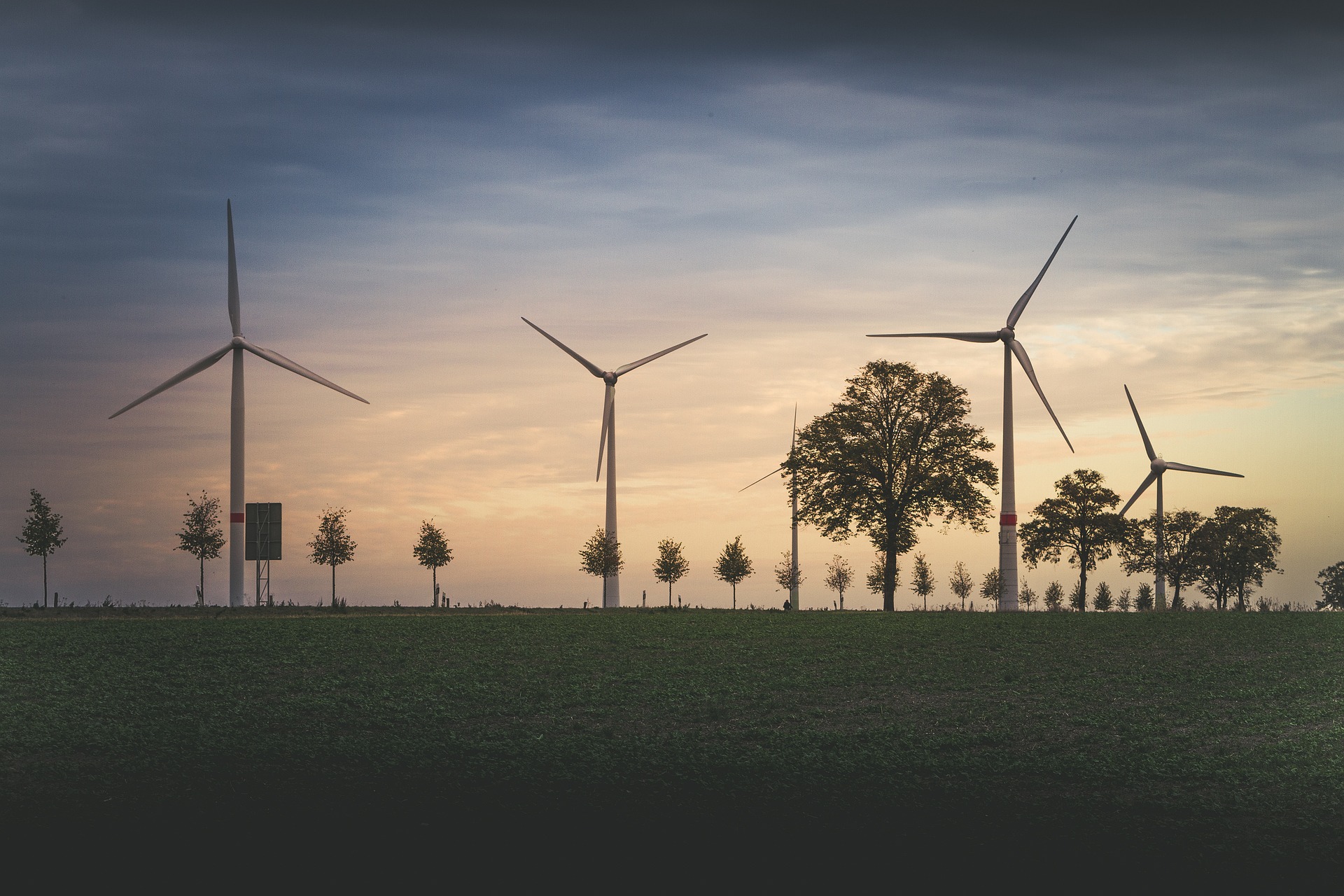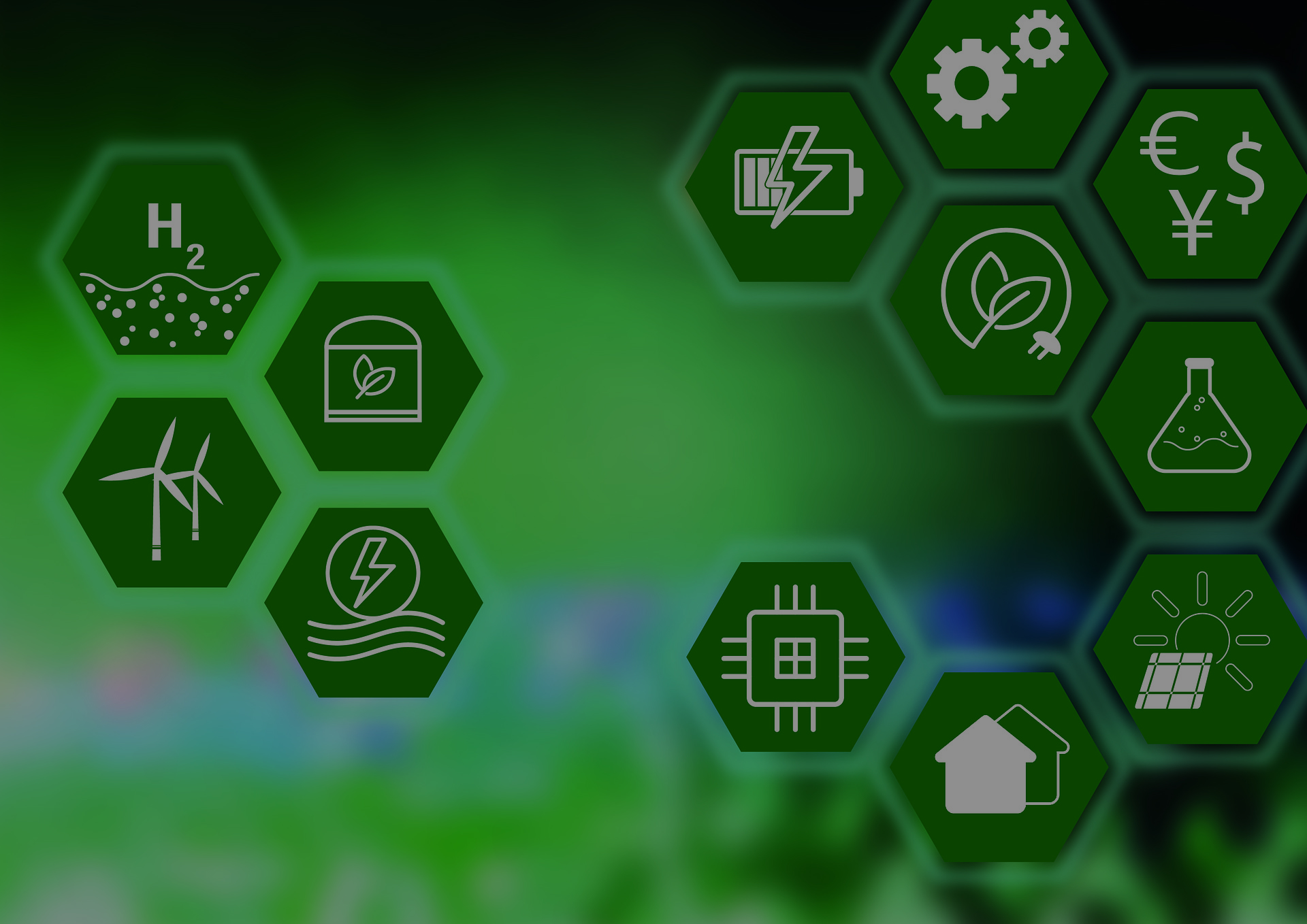At the event, which was moderated by José Ignacio Linares Hurtado, Director of the Repsol Foundation and the Universidad Pontificia Comillas's Energy Transition Education and Research Program, the great interest and potential of this technology in Spain was highlighted.
As a central and generic idea, the role of biomethane was praised as an important opportunity for the energy transition in Spain, highlighting the need to promote favorable policies, technological innovation, and use the lessons learned from other European countries as reference.
Below are the main conclusions of the speakers:
- Íñigo Palacio, Director of Sustainable Development at Genia Bioenergy
Genia Bioenergy is a company with a 40% stake from Repsol. Thanks to this alliance, a biomethane platform will be developed in both Spain and Portugal.
Íñigo Palacio emphasized Europe's position as a leader in biomethane production, with over 1,300 plants injecting biomethane into the network. He contrasted this with the situation in Spain, which has only 9 or 10 plants in operation, underscoring the need to learn from European experiences. He also stressed the importance of adopting best practices and avoiding mistakes made by other countries, emphasizing that Spain has great biomethane production potential. He highlighted the multiple benefits of biomethane, such as the generation of clean energy and efficient waste management.
In his own words he concluded: "I believe we must all work to improve the plants, applying the best technology, using them in the right areas, and trying to find the best local alliances so we can be part of the solution to the problems that may arise locally with the waste we manage."
- Begoña Ruiz, Technology Director of the AINIA Technology Center
Begoña Ruiz complemented this vision by presenting advanced technologies for the production and purification of biomethane. She spoke about ongoing research to improve the efficiency of production processes and reduce costs. As Íñigo Palacio mentioned the adoption of best practices, Begoña also highlighted the importance of technological innovation to overcome current challenges and increase the competitiveness of biomethane compared to other energy sources.
- Raquel Iglesias Esteban, Head of the Advanced Biofuels and Bioproducts Unit at CIEMAT
Raquel Iglesias addressed the crucial role of advanced biofuels in the energy transition. She presented several research projects on biomethane and other bioproducts, highlighting their potential in diversifying the energy matrix and reducing fossil fuel dependence. She stressed the importance of collaboration between research centers, companies, and governments to promote the development and implementation of advanced biofuels, aligning herself with Íñigo Palacio's idea about the need for local alliances.
- Bernat Chuliá Peris, Director of Studies and Analysis at Genia Bioenergy
Bernat Chuliá spoke about how regulatory changes are driving the development of new technological solutions in biomethane plants. In summary, regulatory changes are a main driver for technological innovation in this sector. Specifically, increasing restrictions on methane content in waste gas and new regulations on digestate valorization and management of livestock byproducts require biomethane plants to develop advanced technologies. These technologies must not only capture and enhance CO2 and digestate, but also offset emissions.
- Eva Arenas Pinilla, Director of the Rafael Mariño New Energy Technologies Education and Research Program at the Universidad Pontificia de Comillas
Eva Arenas Pinilla based her presentation on biohydrogen with negative CO2 emissions from biomethane. She spoke of what the procurement process and the supply chain are like and gave some examples applied to the industry and presented a cost comparison. In conclusion, biohydrogen with negative emissions saves biomethane to achieve the same decarbonization potential.
- Manel Blasco, Founding Partner and Director at Micropower Europe
In his presentation 'The hybridization of gas microturbines with upgrading for biomethane production', Manel Blasco explained how gas microturbines, derived from aeronautical technologies and characterized by their efficiency and low maintenance, can be made hybrid, and upgraded to produce biomethane. This approach allows biogas to be used not only to generate electricity and heat needed at the plant, but also to comply with emissions regulations. This hybrid solution is said to be both technically and economically viable and is more efficient and sustainable than purchasing external power and heat.
- Eugenia Sillero, Secretary General at Gasnam
Eugenia Sillero addressed the relevance of biomethane in decarbonizing the transportation sector, especially in heavy and maritime transport. She stressed that biomethane can be a viable and sustainable alternative to traditional fossil fuels, significantly reducing carbon emissions. In line with the ideas of Íñigo Palacio and Raquel Iglesias, she highlighted the need for policies and regulations that encourage the production and use of biomethane and called for cooperation between the public and private sectors to achieve an effective energy transition.




